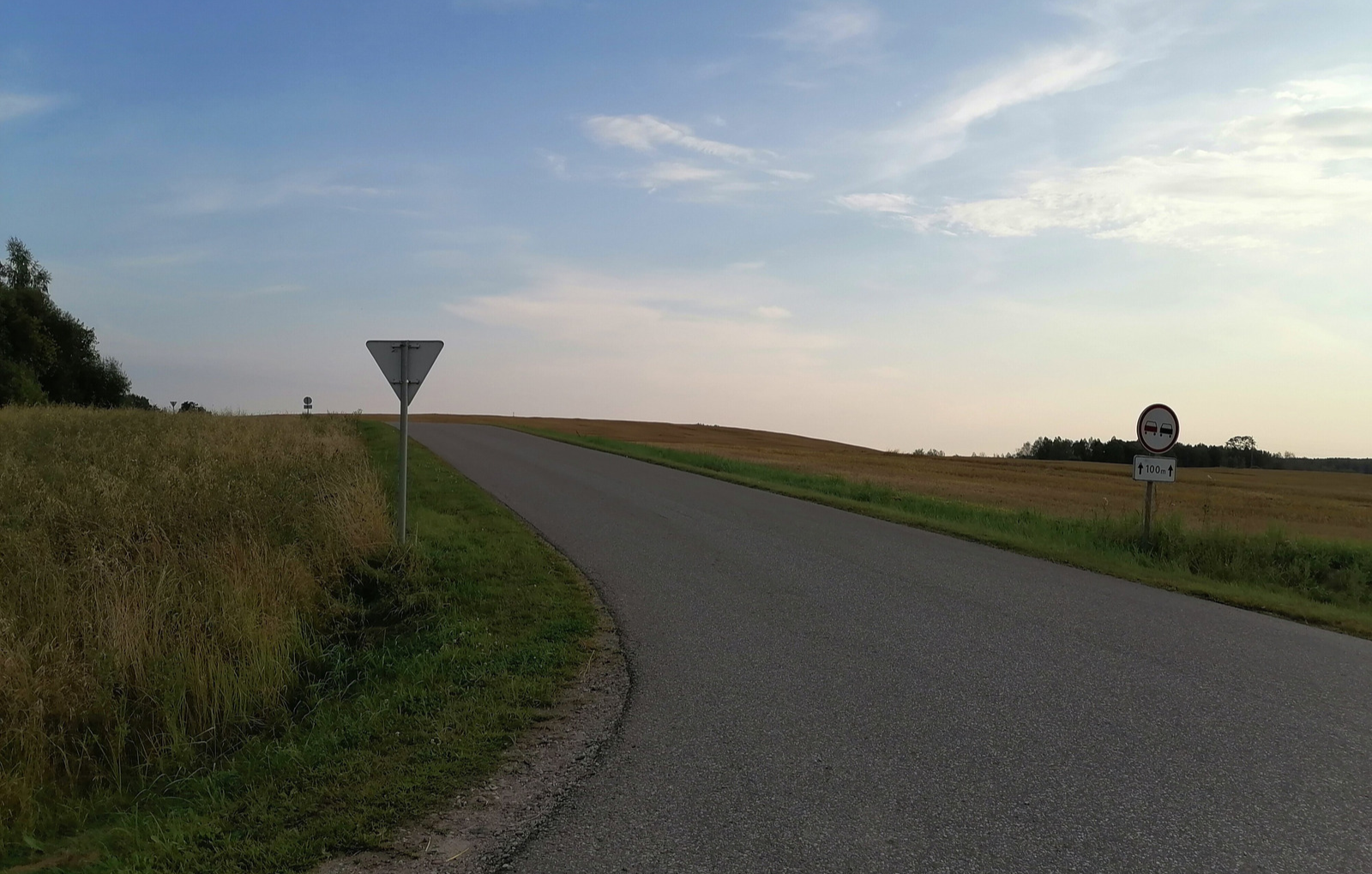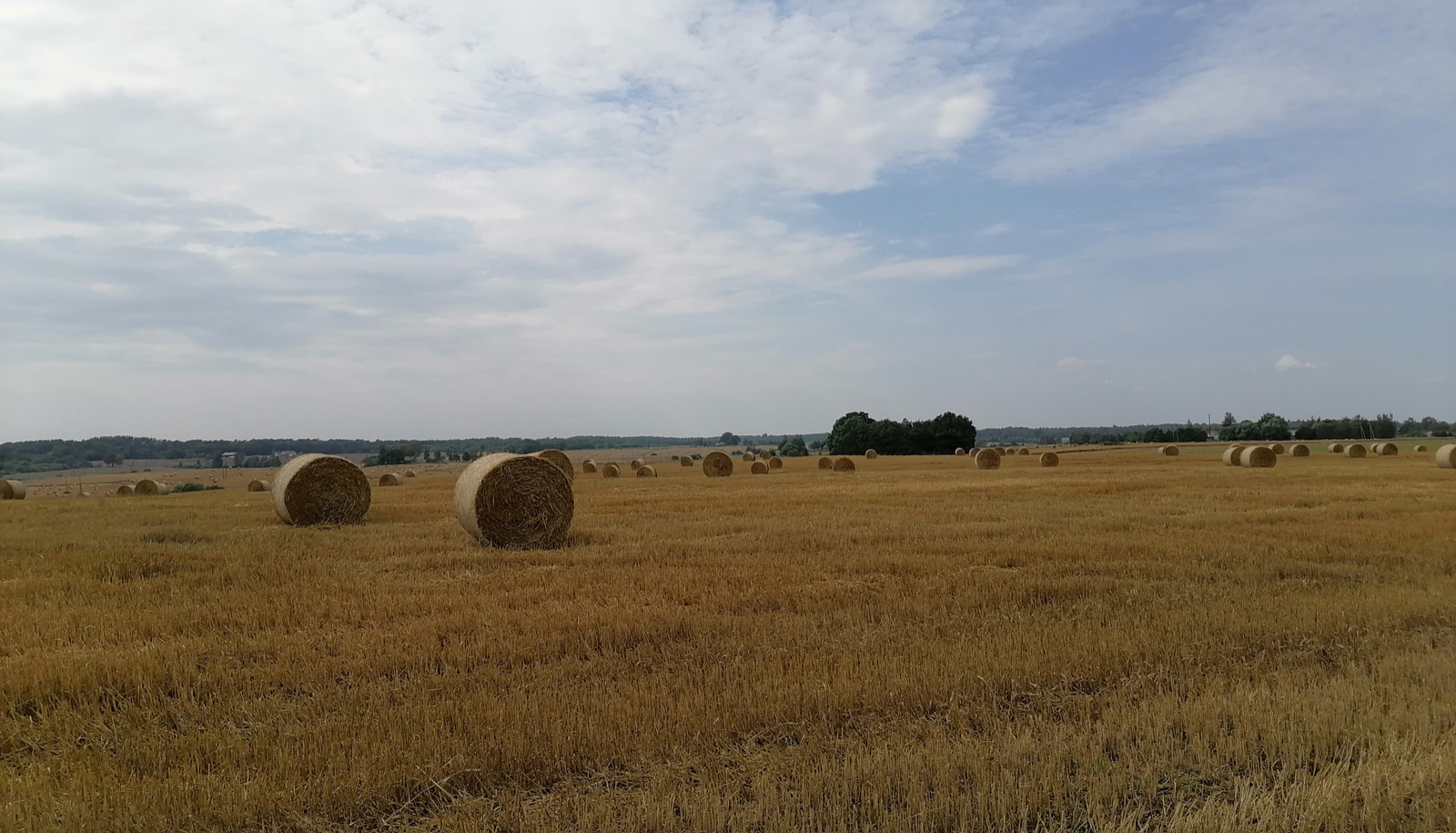
I walked 100km last weekend. As the pain recedes I feel an obligation to share some insights. There is something deeply satisfying, even spiritual, in walking long distances. Even a short walk can make us feel better and give our minds more clarity. But a long walk can open us to experiences of higher order.
It doesn’t matter if you walk or drive, there’s something magic about the road ahead.
Runners talk about the “runners high”. But walking can give you more than just a “high”. The slower pace gives us a more introspective experience — so rare in our age of perpetual distraction. And a glimpse into a deeper aspect of our personality. There is something about walking that brings forward a wholeness of being. The integration of our body, mind, and soul originating from our advancing feet and the unparalleled freedom of an open road.
Having nothing to focus on but the road ahead can get us into a deep meditative state. While the rhythm of our feet gets us into a mesmerizing flow of emotions and ideas. Life is simple when you walk. You have a goal in front of you, and you just have to walk towards it. But walks must not necessarily have a destination. As Oliver Burkeman says in his book Four Thousand Weeks, walking is one of those things that you do for the sake of it, walking doesn’t necessarily have a purpose beyond walking. It is an “atelic” activity, meaning the value is not derived from its telos or ultimate aim. The value is derived from the activity itself.
Walking also relieves our senses from the notifications that ambush us throughout the day. It gives us a reprieve, temporal at best, but necessary to recharge and step into our lives with fresh ideas and upgraded enthusiasm. I challenge you to go for a walk and not think of something novel. Walks are a breeding ground for ideas. Some are meaningless, unsophisticated, naive, and even childish. Others of serious caliber — capable of elevating our lives if put into practice. Walking is essentially motion elevating us to a higher state of existence. When we walk, the muse tends to walk beside us.
No surprise that artists, poets, heads of state, and technocrats swear by this therapy. Walking has been endorsed by the highest minds. The praises come from personalities as varied in epoch, profession, and stature, as you can imagine. It’s safe to say that no other activity has more universally been praised than walking. It sits side by side with fasting, prayer, and meditation as the activities that nourish our spirit.
“Above all, do not lose your desire to walk. Everyday, I walk myself into a state of well-being & walk away from every illness. I have walked myself into my best thoughts, and I know of no thought so burdensome that one cannot walk away from it. But by sitting still, & the more one sits still, the closer one comes to feeling ill. Thus if one just keeps on walking, everything will be all right.”
― Søren Kierkegaard
And it’s by far the simplest one to execute. Just a walk around the block and you will feel its benefits. You don’t need preparation, fancy gear, apps, training, or a budget. You don’t have to use a long preparation ritual as an excuse to postpone going for a walk. You can do it as soon as you finish reading this article. A long walk is also the easiest way to set off on an adventure. In a time when we can see full HD videos of any place on earth, setting off on an actual adventure is a great feat. Instead of dreaming of that “great” adventure you want to go on but never do, you can just start walking.
On especially long walks, you will feel exertion, pain, and thirst, and you might even become a wild man. A wild man loses his sense of normalcy. A wild man gets rid of the doubt and overthinking that often leads modern men into malaise. When you are on a road for a very long time and you are tired, thirsty, hungry, and your feet feel like they are wrapped in barbed wire, you become one with the road. You embrace the pain. A wild man does not think about what he will have to do when he walks into the office on Monday, what his peers think of him, how much is left in his bank account, or some insignificant letdown that still bogs his urban mind. He only cares about the present. How much water he has left, what he will eat next, the sun beating down on him, and anything else solely connected to his current journey. The past and the future become an irrelevant blur that is not interesting at the very least. Only what you are experiencing is real.
We should all become wild men more often. The return to the primordial can be incredibly rewarding. A wild man exchanges the boggling complexities of modern life for the pure basics of survival. You only think of what is pertinent to that precise moment. You become extra acute of your environment — like an ancient hunter who hasn’t eaten in a week a few feet from his prey. Fully in the now.

You are also fully immersed in the place you are walking through. The more advanced the medium of transport the quicker you get to your destination but the less you experience the trajectory. If you fly through a country you will experience nothing of it, next to nothing on a train, slightly more if you travel by car, and everything if you walk. All the little details. The people, the houses, nature, animals, and the quality of their paving services. When walking through an area you can absorb, blend, and document. And in some cases — although for a fleeting moment — belong.
When walking we are reminded of the extraordinary differences between us and machines. Waking long distances as a means of transportation becomes a joke when we consider the power of the engine. While I struggled through sore feet, pain, and exhaustion to walk a measly 100km, I can drive that in less than an hour while leaning back and sipping on my cappuccino in a chilly car salon.
But there is absolutely nothing transformative in driving 100km (unless you are a beginner driver of course). Walking a long distance, however, can be deeply instructive. You won’t be sheltered off the world in your metal carcass…you will be fully there. Living. Experiencing. Walking long distances also teaches us many lessons. To persevere, to keep going, and to enjoy the journey — despite the pain and discomfort. But most importantly, to keep walking, you will get there eventually.
Strenuous walks have traditionally been rites of passage toward a higher state of being. Pilgrimages like the Camino de Santiago or the legendary Kaihōgyō, a walking meditation practiced by Japanese monks where they have to walk 30-84kms per day for a thousand days.
If you are stuck or lagging, or you are not feeling like yourself, going for a walk is perhaps the best solution. My grandfather, despite having a high position in a government agency and a driver, preferred to walk. A sign of humility, maybe. But he also had lots of numbers and figures in his head (he was the director of the statistics department) and he knew that the antidote to arranging all those numbers into a coherent structure is walking.
Arrangement. That is usually the result after a walk. And wouldn’t it be great to have more of that, and more often, in our lives?